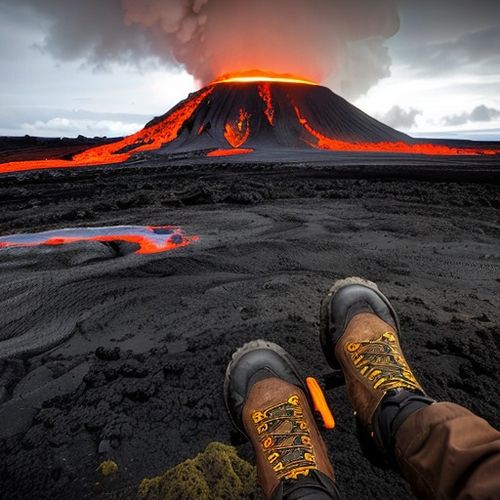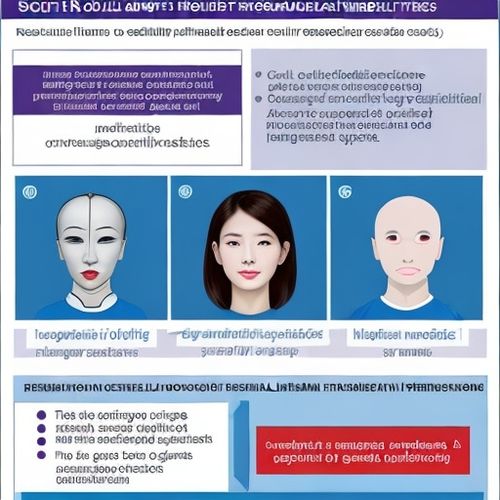South Korea has long been a global leader in cosmetic surgery and medical tourism, attracting thousands of international visitors each year seeking high-quality procedures at competitive prices. Recently, the industry has introduced a new trend: post-operative recovery packages designed to cater to medical tourists who require specialized care after their surgeries. While these packages promise convenience and comfort, questions linger about their safety, ethical standards, and long-term implications for patients.
The concept of these recovery packages is simple yet appealing. Instead of rushing back home after a procedure, patients can stay in specialized recovery centers or luxury hotels equipped with medical staff, tailored nutrition plans, and follow-up consultations. These packages often include services like lymphatic drainage massages, laser treatments to reduce swelling, and even psychological support to help patients adjust to their new appearance. For many, this sounds like an ideal way to ensure proper healing under professional supervision.
However, beneath the glossy marketing lies a more complicated reality. The rapid growth of South Korea’s medical tourism industry has led to concerns about oversight and regulation. While major hospitals and clinics maintain high standards, the surge in demand has also given rise to less reputable providers looking to capitalize on the trend. Some recovery facilities operate without proper accreditation, raising red flags about the qualifications of their staff and the safety protocols in place.
One of the biggest risks associated with these packages is the potential for inadequate medical supervision. Unlike hospitals, where patients are closely monitored by surgeons and nurses, recovery centers may not have the same level of expertise on-site. Complications from cosmetic procedures—such as infections, blood clots, or adverse reactions to anesthesia—can arise hours or even days after surgery. If not addressed immediately, these issues can escalate into life-threatening situations. Patients who assume they are in safe hands might not realize the limitations of their care until it’s too late.
Another concern is the lack of standardized pricing and transparency. Many recovery packages are sold as all-inclusive deals, but hidden fees for additional treatments or extended stays are not uncommon. Some patients have reported feeling pressured into purchasing unnecessary services, blurring the line between medical care and commercial upselling. This raises ethical questions about whether providers prioritize profit over patient well-being.
Despite these risks, the popularity of post-operative recovery packages continues to grow, driven by glowing testimonials and social media endorsements. Influencers and celebrities often showcase their seamless recovery experiences, creating an illusion of risk-free transformation. What’s rarely highlighted are the cases where things go wrong—stories of botched aftercare, unresolved complications, or patients left to navigate foreign healthcare systems alone when emergencies arise.
For those considering these packages, thorough research is non-negotiable. Patients should verify the credentials of both the surgical clinic and the recovery facility, ensuring they are accredited by recognized medical boards. It’s also crucial to discuss post-operative care plans with the surgeon beforehand and confirm who will be responsible for monitoring recovery. Additionally, travel insurance that covers medical complications abroad is a must, as many standard policies exclude elective procedures.
South Korea’s medical tourism industry shows no signs of slowing down, and post-operative recovery packages are likely here to stay. While they offer undeniable benefits for some, the lack of uniform regulation means patients must approach them with caution. The allure of a stress-free recovery in a luxury setting should never overshadow the importance of safety, transparency, and professional accountability.

By Megan Clark/Apr 11, 2025

By John Smith/Apr 11, 2025

By James Moore/Apr 11, 2025

By Victoria Gonzalez/Apr 11, 2025

By John Smith/Apr 11, 2025

By Rebecca Stewart/Apr 11, 2025

By Megan Clark/Apr 11, 2025

By John Smith/Apr 11, 2025

By Ryan Martin/Apr 11, 2025

By Samuel Cooper/Apr 11, 2025

By Emily Johnson/Apr 11, 2025

By James Moore/Apr 11, 2025

By David Anderson/Apr 11, 2025

By Ryan Martin/Apr 11, 2025

By William Miller/Apr 11, 2025

By George Bailey/Apr 11, 2025

By Daniel Scott/Apr 11, 2025

By Sophia Lewis/Apr 11, 2025

By Megan Clark/Apr 11, 2025

By David Anderson/Apr 11, 2025